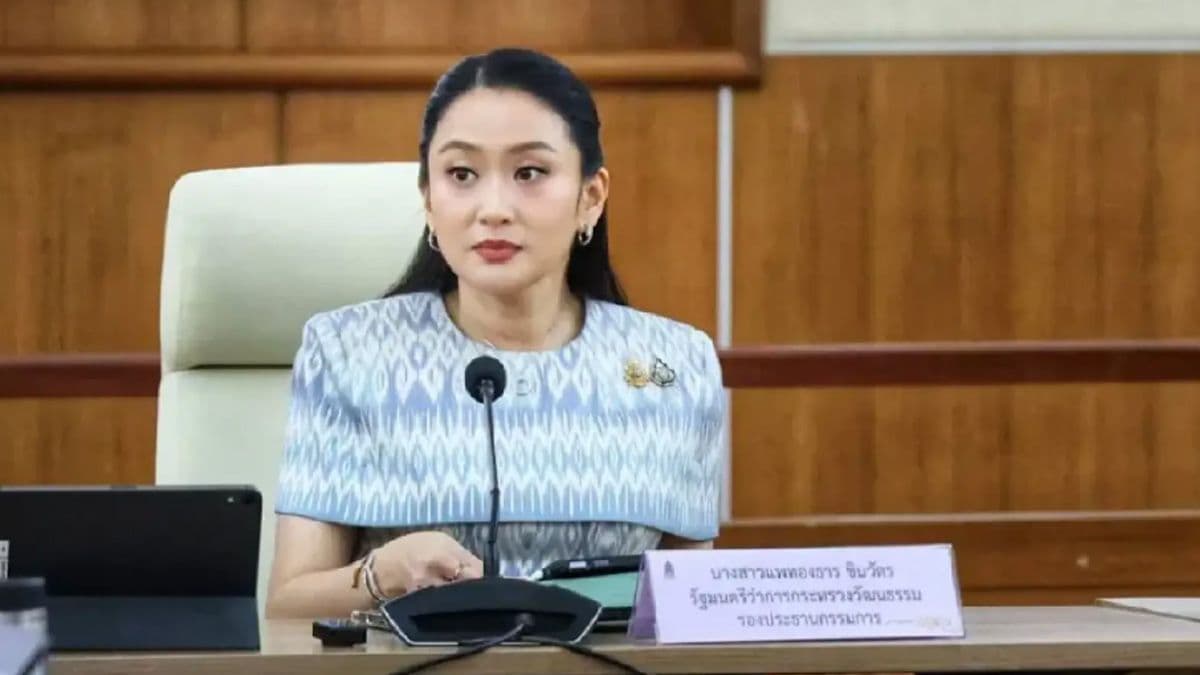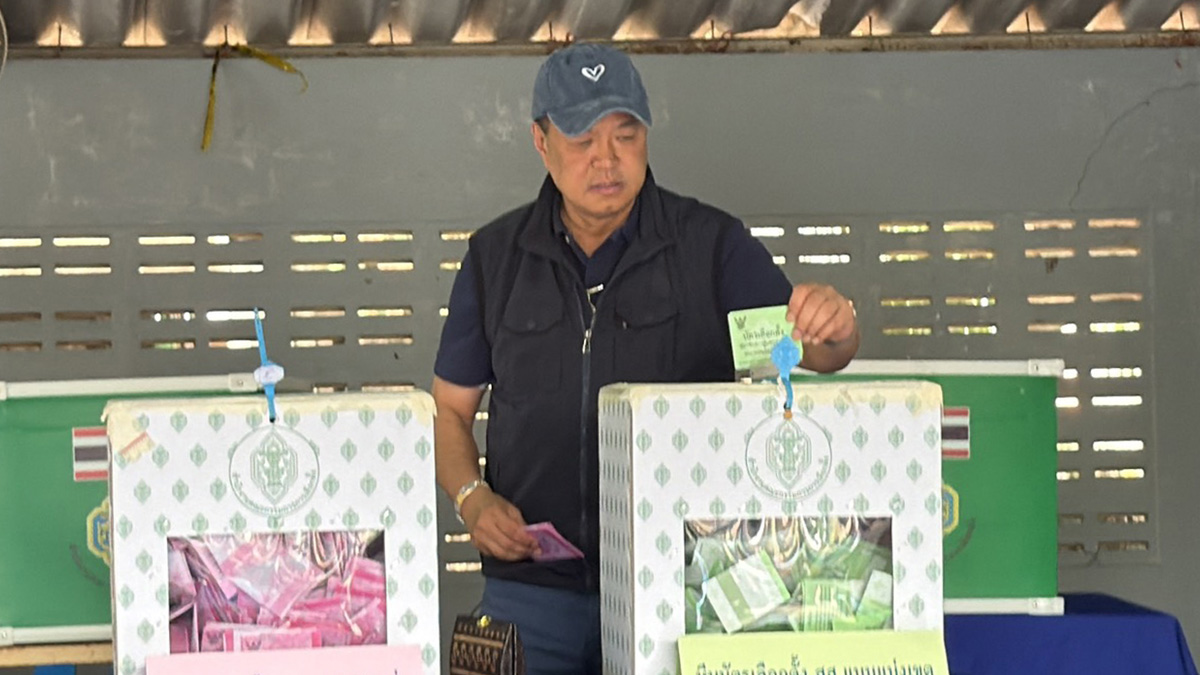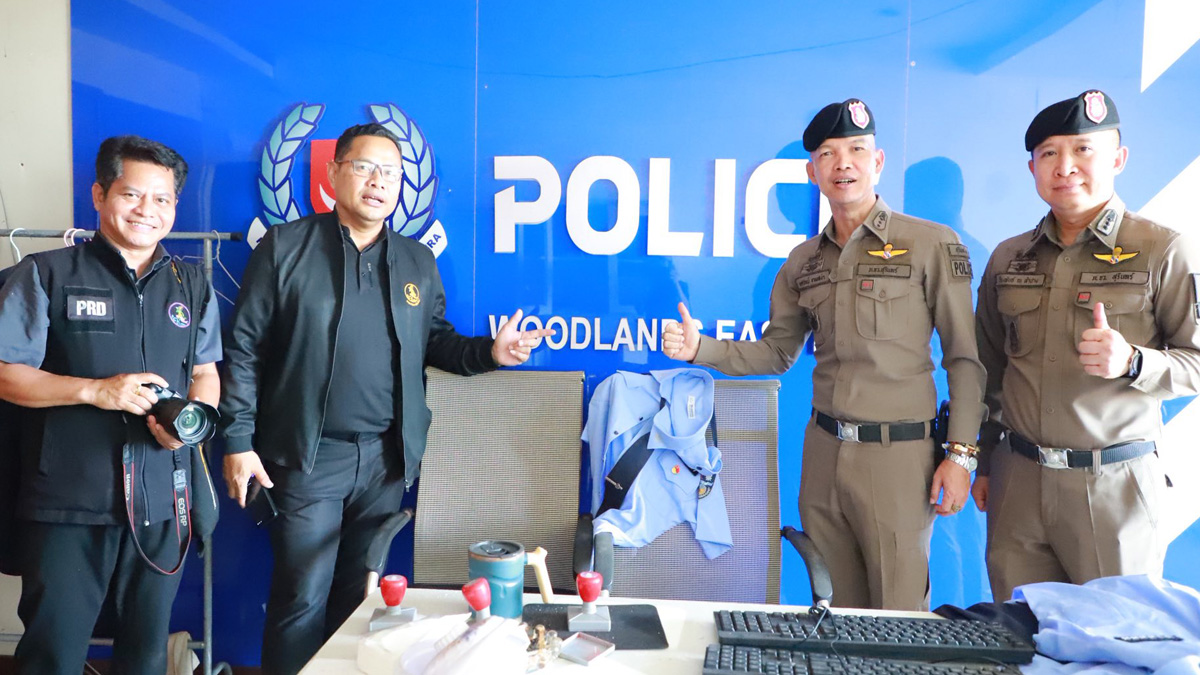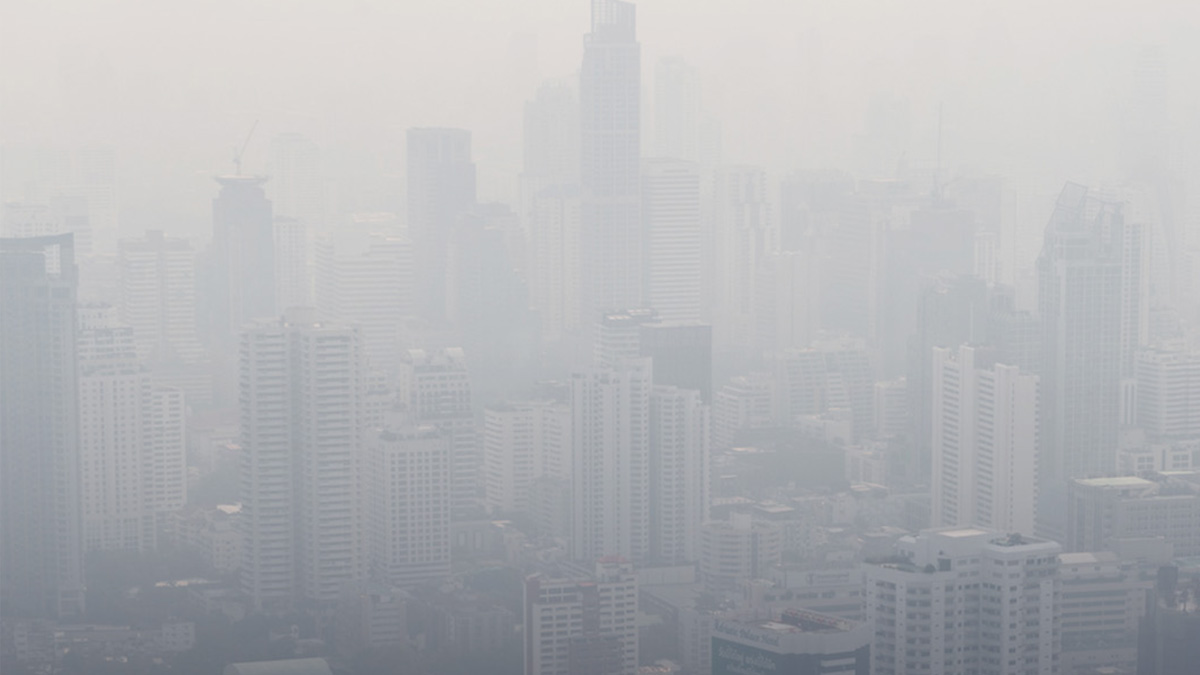Thailand’s Constitutional Court removes Prime Minister Paetongtarn Shinawatra for ethics violation
Thailand’s Constitutional Court has dismissed Prime Minister Paetongtarn Shinawatra from office over an ethics breach, marking the sixth removal of a Shinawatra-linked leader in two decades and plunging the country into renewed political uncertainty.

- Prime Minister Paetongtarn Shinawatra was dismissed by Thailand’s Constitutional Court for breaching ethics in a phone call with Cambodia’s former leader.
- Her removal destabilises the ruling Pheu Thai-led coalition and raises questions about succession and parliamentary support.
- The ruling reignites the long-standing power struggle between the Shinawatra political camp and Thailand’s conservative elite.
Thailand’s Constitutional Court removed Prime Minister Paetongtarn Shinawatra from office on 29 August, 2025, citing an ethics violation. The move ends her premiership after just one year, further shaking the political foundations of the Shinawatra family and reviving deep-rooted tensions in Thai politics.
Paetongtarn, aged 39, was the country’s youngest-ever prime minister and the sixth to be removed either by the military or the judiciary from the Shinawatra political camp in the past 20 years. Her removal follows the court's ruling that she breached ethical standards in a June phone conversation with Cambodia’s former prime minister Hun Sen, which later surfaced publicly.
The court stated the call demonstrated inappropriate deference during a period of heightened border tensions. The phone call occurred shortly before armed conflict erupted between Thai and Cambodian forces, lasting five days.
According to the Bangkok Post, Paetongtarn later apologised and said her intention was to prevent the outbreak of war. Despite her explanation, the court maintained that her conduct fell short of the ethical responsibilities expected of a national leader.
The dismissal also signals another blow to the Pheu Thai party, now under pressure to stabilise a fragile ruling coalition. The party’s limited options for replacing Paetongtarn may hinder its ability to maintain leadership as negotiations to elect a new prime minister begin.
Thailand’s Deputy Prime Minister Phumtham Wechayachai and the existing cabinet will act in a caretaker capacity until a new prime minister is chosen by parliament. No timeframe has been set for this process.
Five individuals are eligible for the premiership, including Chaikasem Nitisiri from Pheu Thai, a 77-year-old former attorney general with minimal cabinet exposure. Other contenders include Anutin Charnvirakul, who withdrew his party from the coalition over the leaked call, and retired former premier Prayut Chan-o-cha, who led the 2014 military coup that ousted a previous Pheu Thai administration.
The forced departure of Paetongtarn reflects the recurring cycle of leadership upheavals involving the Shinawatra family. Her father, Thaksin Shinawatra, and her aunt, Yingluck Shinawatra, were both removed from power through military or court actions in previous years.
This verdict marks the fifth time since 2008 that a prime minister has been removed by the Constitutional Court. Analysts point to the court’s entrenched role in the protracted battle between democratically elected governments linked to the Shinawatras and a royalist-conservative establishment deeply embedded in the military and judiciary.
Stithorn Thananithichot, a political scientist from Chulalongkorn University, remarked, “Appointing a new prime minister... will be difficult and may take considerable time. It’s not easy for all parties to align their interests. Pheu Thai will be at a disadvantage.”
The political uncertainty comes at a time of economic vulnerability, with Thailand’s central bank projecting a modest 2.3% growth for 2025. Simultaneously, public frustration over delayed reforms and stagnant governance has been growing.
Observers suggest any new Pheu Thai-led administration will be heavily constrained. The coalition’s slender majority may render it vulnerable to regular parliamentary challenges from the opposition, which has strong grassroots support and is advocating for early elections.
The transition of leadership is expected to trigger intense political negotiations behind the scenes, with Thaksin reportedly playing a key role in shaping alliances to keep Pheu Thai in power.
How Thailand’s parliament proceeds over the coming weeks may determine whether the country returns to relative stability or slides into another prolonged phase of political confrontation.







